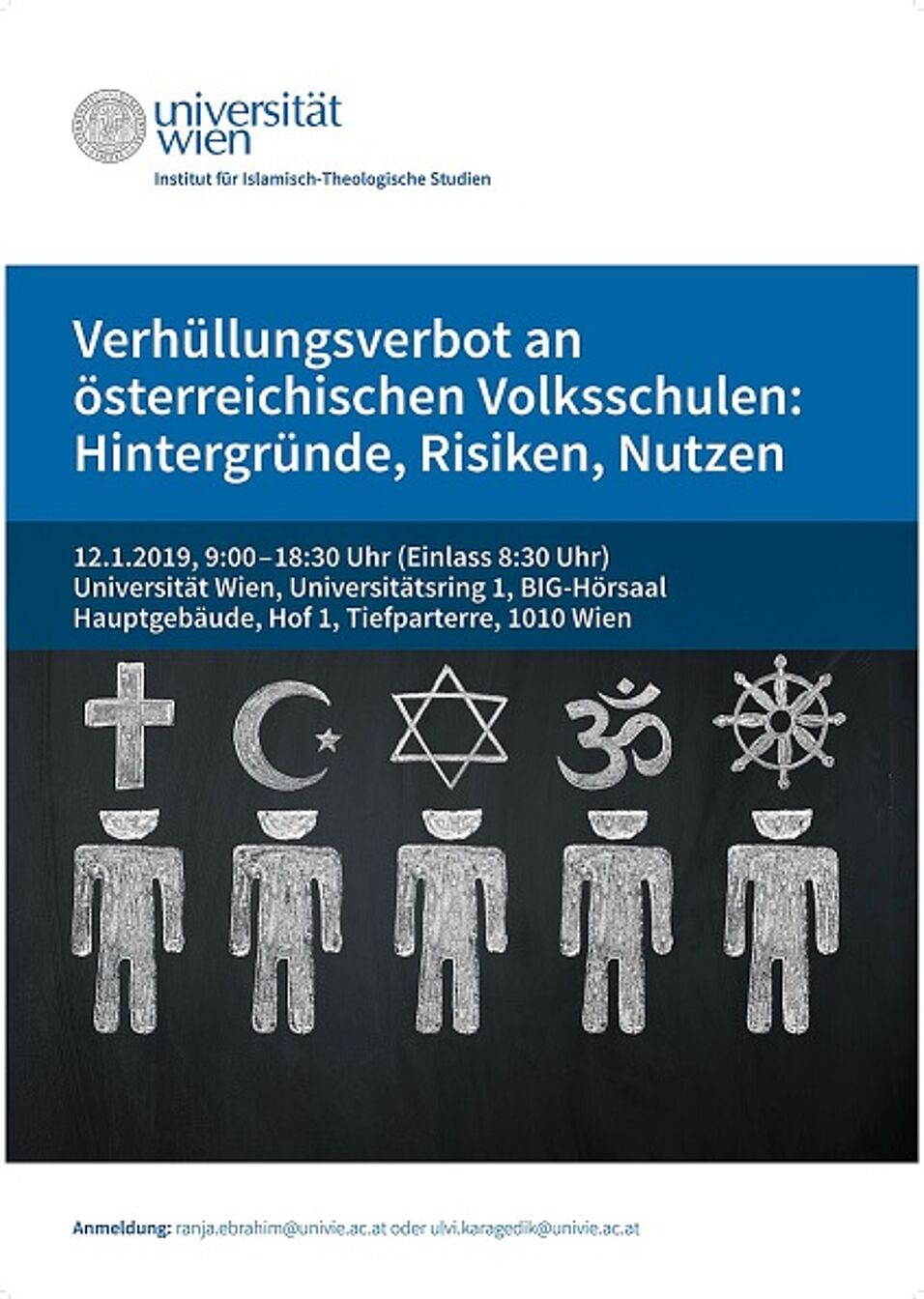To this end, the problem of veiling primary school children and a possible ban on veiling was discussed in panels of theologians, legal experts, religious educators and socio-politicians.
From a theological point of view, it was argued that a veiling requirement in the contemporary context must be reflected upon theologically and critically, but that such a reflection should not be forced from the outside. A headscarf requirement for pre-adolescent children is not theologically justifiable anyway. According to the theologians, religious practices should be free of coercion and exempt from any parental or state pressure. From a legal perspective, it was pointed out that although the bill was not formulated in a religion-specific way, it primarily concerned the Muslim headscarf due to categorical exemptions. The bill would most likely pass and was also democratically defensible, but this did not necessarily correspond to the ideals of the rule of law and the protection of minorities. Therefore, such legislative implementations could sometimes have a counterproductive effect.
In terms of religious education, on the other hand, the tendency was that a possible ban on veiling could put primary school pupils under additional parental and school pressure. The fact that certain clothing is considered appropriate by parents on the one hand, and adverse by the state and the school on the other, could lead to pedagogical interference, which could have a massive and long-term negative impact on pupils' sense of belonging. Regardless of the negative aspects of wearing coverings in primary schools, there are more essential challenges in schools that need to be addressed. On the other hand, there is no denying that the veiling of primary school children is not educationally beneficial and therefore remains an issue.
In the concluding socio-political panel discussion, diverse views were expressed, ranging from schools as exclusively religion-neutral spaces to the demand for more intensive dialogue between the government and the religious community. Relevant legislation should not be directed against a particular minority or denomination. The question was sometimes asked whether the way of dealing with the underlying problem was considered purposeful and whether there was a fear among Muslims that the planned ban would merely constitute the beginning of a series of bans against a certain minority in Austria.
In summary, the event highlighted the relevance of an interdisciplinary discussion of socially relevant issues in relation to Islam. An in-depth dialogue between the state, Muslim representatives and academia can therefore not only be considered desirable and productive in Austria, but also necessary.
Vienna, 17.01.2019.
For further details (in German) please see the conference website.

